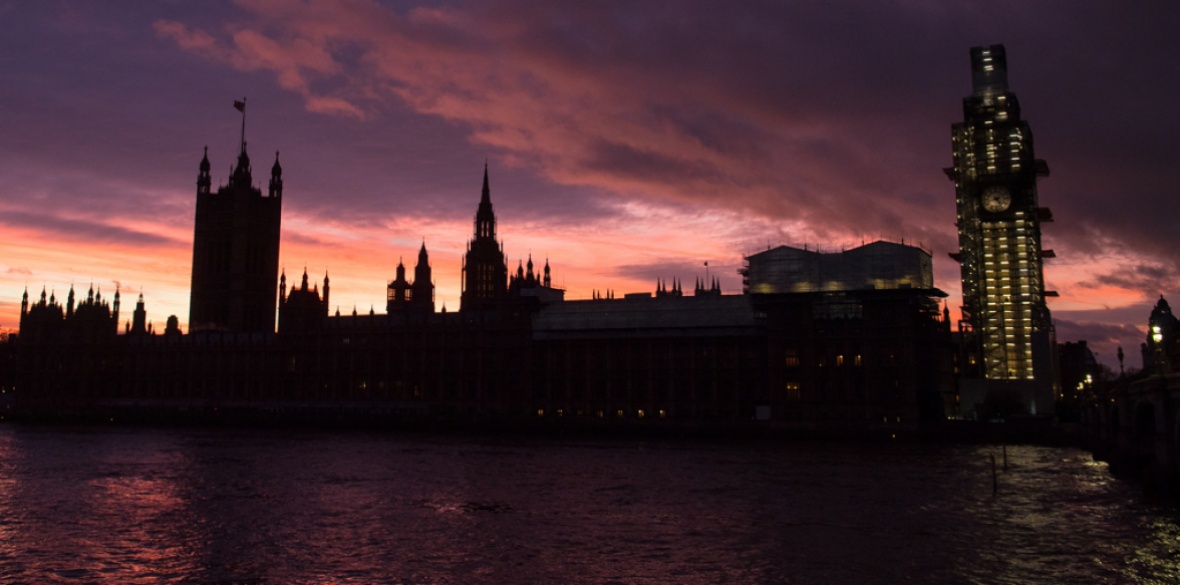ONE in 10 members of Parliament went to just one school. It wasn’t an inner-city comprehensive run by a cash-strapped local authority.
It wasn’t a selective grammar in a leafy suburb. It wasn’t in a hived-off chain of selective “academies.”
It wasn’t even one of the Tories’ pet “free” schools set up to indulge the crackpot whims of whoever captured the Education Minister’s ear at Tory Party conference.
It was Eton. Which charges £12,910 per term.
No-one will be surprised to find that Conservative MPs were disproportionately privately educated. In fact 45 per cent attended fee-paying private schools.
Set these figures against the news that real spending on the education of children who don’t go to private schools fell in seven years from £95.5 billion to £87.8bn last year, that is £7.7bn of lost investment in our children’s’ futures.
When measured against the nation’s GDP education spending fell from 5.69 per cent to 4.27 per cent, a fall of 25 per cent.
Sloppy accounting maybe? Certainly the Education Secretary can’t do his sums. Either that or he is a fibber who deserves a thousand lines: “I must not tell porkies.”
The government’s own number-crunchers, the UK Statistics Authority, wrote to Damian Hinds (St Ambrose College, Trinity College, Oxford) voicing “serious concerns’ after finding that his department has misused statistics.
He was given a proper telling off: “I seek your reassurance that the department remains committed to the principles and practices defined in the statutory code of practice for statistics. In particular, I urge the department to involve analysts closely in the development of its communications, to ensure that data are properly presented in a way that does not mislead.”
There is a certain amusement to be had in a Tory administration being caught out faking the rankings of where Britain is in the international literacy ratings and in how much is spent on education.
Schooling is constantly disrupted by the practice — enthusiastically promoted by Tony Blair who reversed Labour policy on this, as so much else — of ranking schools in league tables based on the results of staged tests. It is on the basis of these results that schools can be forced out of local council maintained status and sent down the half-way house to privatisation that is the academies programme. Another New Labour wheeze taken up by the Tories.
Of course, the performance of the education system needs to be constantly evaluated. But to draw drastic conclusions from the performance of individual schools, and of particular teachers, on the basis of how well they are coping with the effects of near a decade of spending cuts is a particular injustice.
The best all-round education systems are judged not just by the internationally agreed OECD/Pisa data which establishes a common reference framework for evaluating student performance and making comparisons.
Broader criteria, which take into account levels of social cohesion and the opportunities available to working-class children, lean away from the kind of narrowly focused performance tables which recent governments have favoured.
The country that performs best has very few private schools. Almost every child goes to their local comprehensive. There is no selection at 11, all children are taught in the same class, there is no banding by “ability.” Childen are not measured at all for the first six years in school, there is only one pupil performance test (at age 16), classes are small by British standards, teachers are well paid, highly educated, given great autonomy in how they teach and their performance is not observed or evaluated.
There is a lot to learn from Finland.












